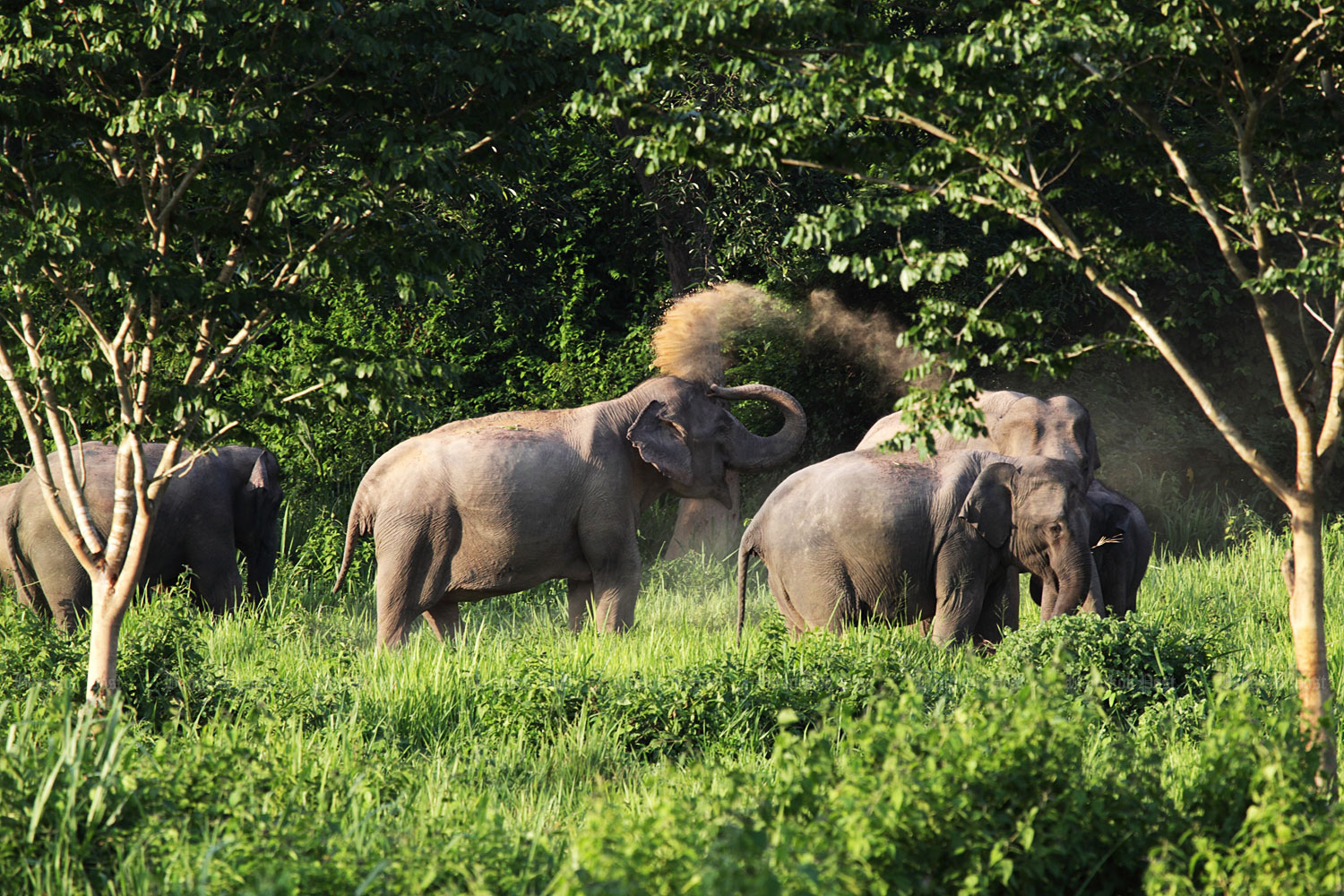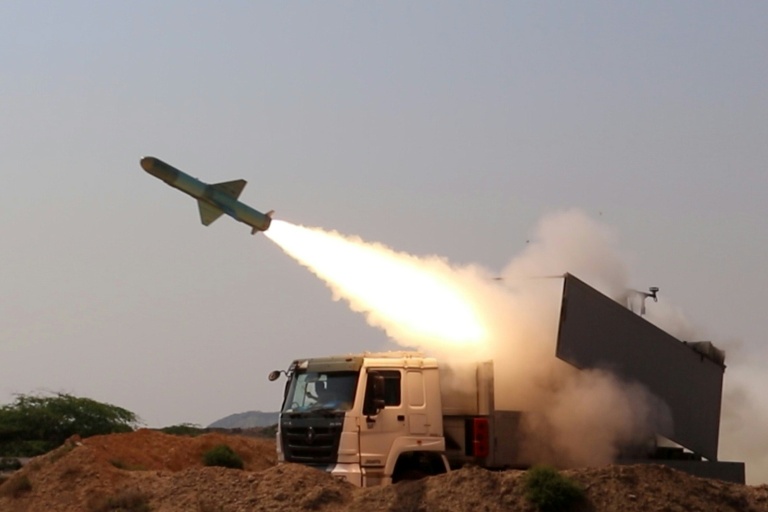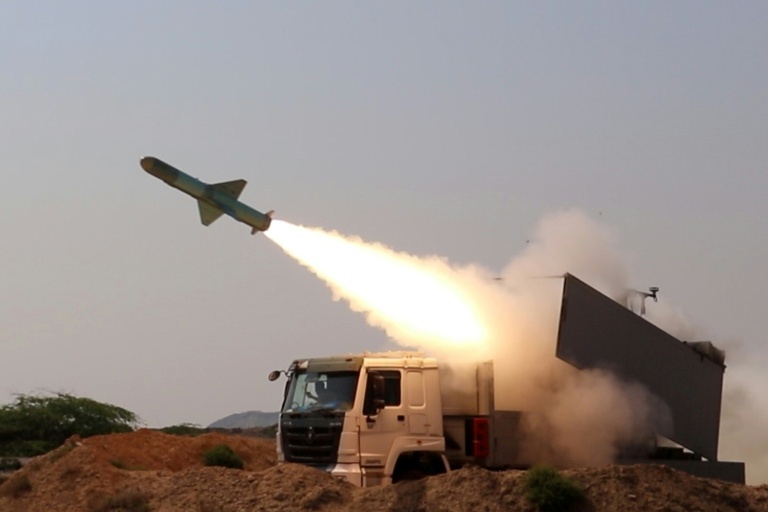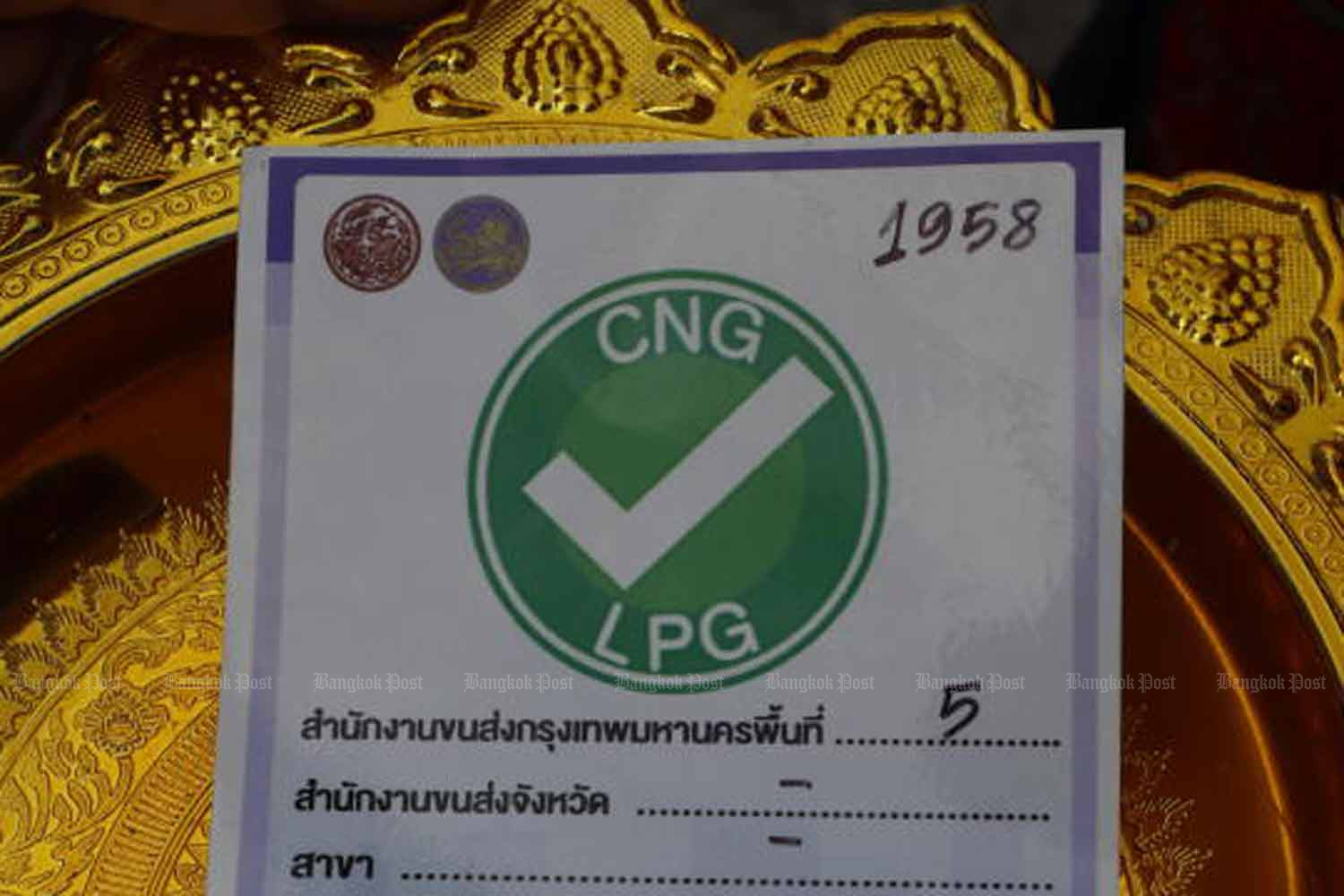Showing 21 - 30 of 10,000
Park tackles jumbo scourge
News, Post Reporters, Published on 20/02/2026
» Nakhon Ratchasima: Thap Lan National Park is intensifying efforts to address the growing problem of wild elephants encroaching on farmland, while also announcing the seasonal closure of several tourist sites to allow nature to recover.
Fix Thailand's data confusion
Oped, Published on 20/02/2026
» Thailand has made significant strides in building a data governance framework, most notably through the Personal Data Protection Act (PDPA) 2019. Data now underpins how citizens exercise their rights, how governments deliver services, how businesses innovate, and ultimately, how democracy is sustained.
Facing US warnings, Iran defends right to nuclear enrichment
AFP, Published on 19/02/2026
» PARIS - Iran's atomic energy chief on Thursday said "no country can deprive Iran of the right" to nuclear enrichment, following fresh US warnings that there were "many reasons" to strike the Islamic republic.
Facing US warnings, Iran defends right to nuclear enrichment
AFP, Published on 19/02/2026
» PARIS - Iran’s atomic energy chief on Thursday said “no country can deprive Iran of the right” to nuclear enrichment, following fresh US warning that there were “many reasons” to strike the Islamic republic.
Siam Country Club hosts Honda LPGA Thailand 2026 for 19th Year With Key Partners
Published on 19/02/2026
» PATTAYA, THAILAND – Siam Country Club joins forces with leading brands under the Siam Motors Group, including GS Battery, Daikin, and KYB, to announce their readiness as official main sponsors for the world-class women’s golf tournament “HONDA LPGA THAILAND 2026”. The highly anticipated event will take place from Feb 19 until Feb 22 at the legendary Siam Country Club Old Course, Pattaya.
Foreign investment applications rise 46% in January
Wichit Chantanusornsiri, Published on 19/02/2026
» Foreign investment applications under the Foreign Business Act were robust in January, with a total investment value of 33.8 billion baht, up 46% year-on-year, driven mainly by investors from China, Japan and Singapore.
Safety measures to ramp up for CNG vehicles
News, Mongkol Bangprapa, Published on 19/02/2026
» The cabinet has endorsed a raft of measures to strengthen safety and reduce corruption risks in the licensing of public transport vehicles powered by Compressed Natural Gas (CNG).
‘E-nose’ to sniff out air pollution
Business, Suchit Leesa-nguansuk, Published on 19/02/2026
» The persistent threat of PM2.5 air pollution in Thailand has led to the creation of homegrown solutions to mitigate this environmental challenge.
N.C. Housing slashes projects amid weak demand
Business, Molpasorn Shoowong, Published on 19/02/2026
» SET-listed developer N.C. Housing plans to launch only two projects worth a combined 2 billion baht this year, lower than in previous years, as it remains cautious because of weak consumer purchasing power.
Blind to the truth
Oped, Postbag, Published on 19/02/2026
» Re: "DLT to allow online licence renewals", (BP, Feb 17).













